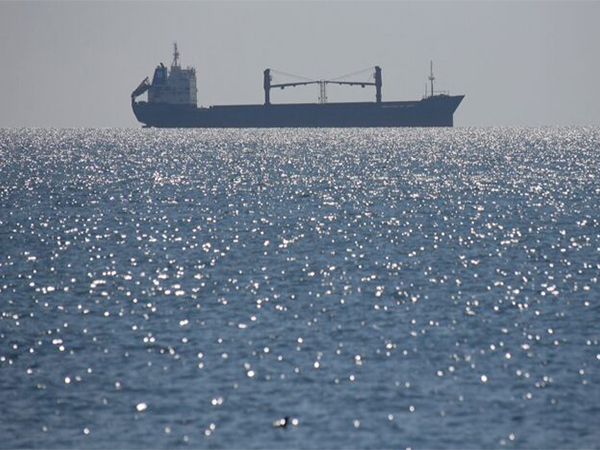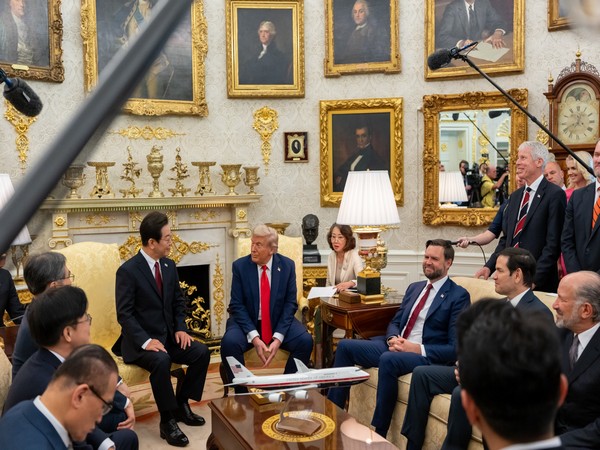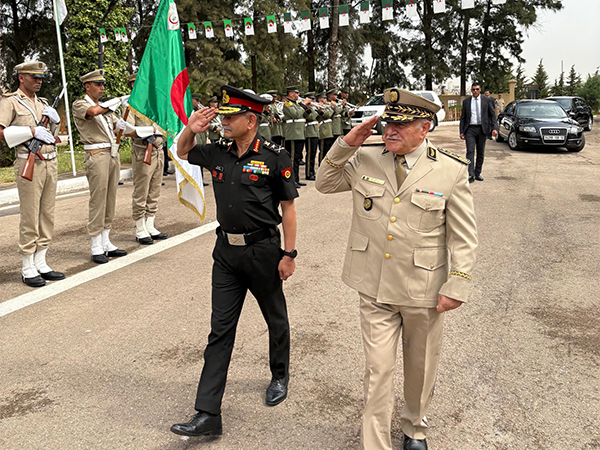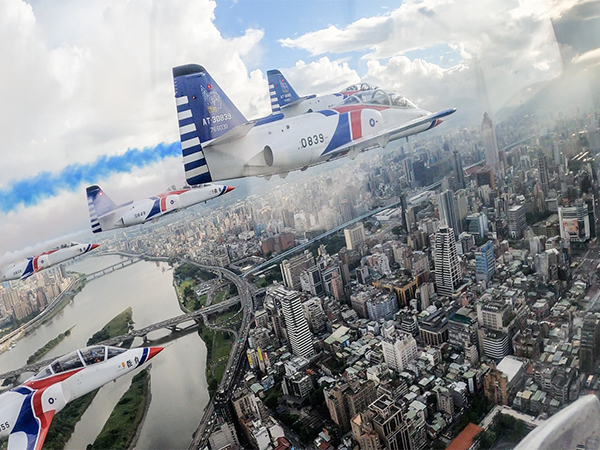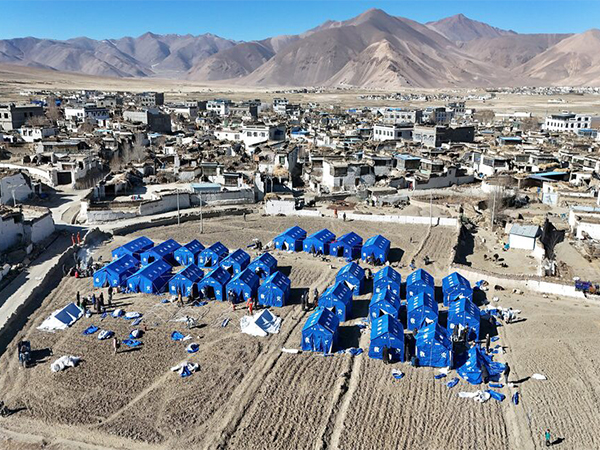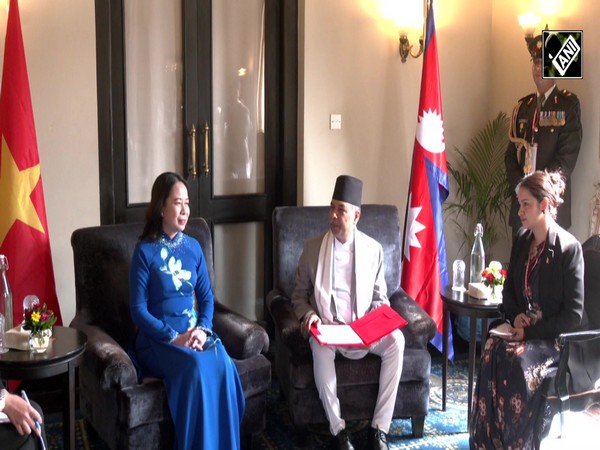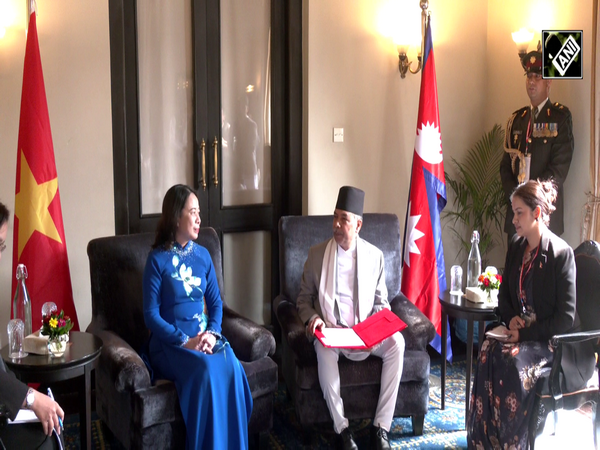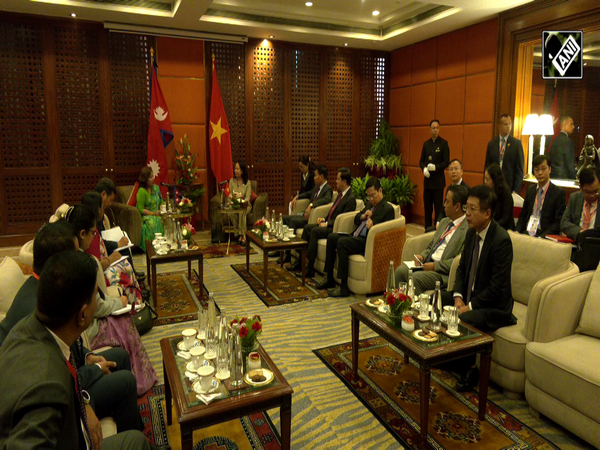
China's military threats prompt US Pacific Fleet to reinforce deterrence in Taiwan and South China Sea
Jun 20, 2025
Taipei [Taiwan], June 20 : Admiral Stephen Koehler, the commander of the US Pacific Fleet, stated on Tuesday that the fleet's goal of deterring aggression in the South China Sea includes Taiwan, Taipei Times reported.
Koehler made these comments during the 15th annual South China Sea Conference organised by the Center for Strategic and International Studies in Hawaii. He noted that China has "increased its deployments and aggressive tactics in the South China Sea" while "intensifying its rehearsals for invasion and blockade of Taiwan," as part of its quest for dominance in the region.
The US Pacific Fleet's objective is "to deter aggression across the Western Pacific, in collaboration with our allies and partners, and to be victorious in combat if required," Koehler explained.
"That mission of deterrence is applicable across the region, encompassing both the South China Sea and Taiwan," he remarked. "A conflict or crisis in either area would jeopardise the interests of nations throughout the region."
Two carrier strike groups from the Pacific Fleet are active in the region: the USS Nimitz, which has been operating in and around the South China Sea for the last few months, and the USS George Washington, which is stationed in Japan and has been patrolling the Western Pacific, Koehler noted.
The USS Tripoli amphibious assault ship is on its way to its new station in Sasebo, Japan, while the USS America Amphibious Readiness Group is currently in Australia for the biennial Talisman Sabre exercise, he added.
In the upcoming year, it is anticipated that China will "continue to attempt to divide and apply pressure on Southeast Asian nations regarding the South China Sea," he stated.
According to Taipei Times, Tetsuo Kotani, a senior fellow at the Japan Institute of International Affairs, mentioned that Japan is advocating for the idea of a "single theatre," viewing the four major conflict areas in East Asia as a unified challenge to encourage allied nations to respond collectively.
Kotani emphasised that without Taiwan's involvement, Indo-Pacific nations would struggle to ensure peace and stability in the Taiwan Strait or the East and South China Seas.
He also pointed out that due to Beijing's "one China" principle, it becomes difficult for countries to engage in military collaboration with Taiwan.
Kotani extended an invitation to Taiwan to observe joint military exercises, such as the Balikatan and Rim of the Pacific drills, to provide other countries' armed forces with additional opportunities to interact with the island, as reported by Taipei Times.

